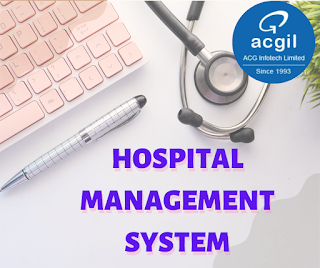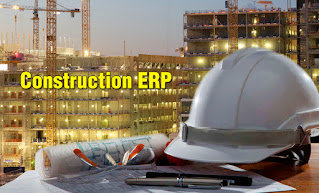Introduction to CRM software solutions
Sales and marketing teams need to be able to work together efficiently in order to succeed. CRM software solutions can help by providing a central place for all customer data and interactions. This makes it easy for sales and marketing to see what the other team is doing, and to collaborate on tasks. CRM software solutions can also automate many of the tasks that sales and marketing teams have to do, such as lead generation and follow-up. This can free up time for the teams to focus on more important tasks.
Sales and marketing management with CRM software
Sales and marketing management can be a lot of work. Thankfully, there are CRM software solutions that can help make things a lot easier. With a CRM software solution, you can automate many of the tasks that sales and marketing management requires. This can free up your time so that you can focus on more important things.
A CRM software solution can help you keep track of your customers and prospects. You can also use it to automate your marketing tasks. For example, you can set up email campaigns and send them out automatically. You can also track the results of your campaigns so that you can see what is working and what isn't.
CRM software solutions are a great way to improve your sales and marketing management. They can save you time and help you stay organized. If you are looking for a way to streamline your sales and marketing management, then a CRM software solution may be just what you need.
The benefits of CRM software for sales and marketing management
Sales and marketing managers have a lot on their plates. They're responsible for generating leads, nurturing prospects, and closing deals. And they need to do all of this while keeping track of their team's progress and performance.
CRM system is designed to help sales and marketing teams manage their relationships with customers and prospects. It includes features like contact management, activity tracking, and deal management. CRM software can help sales and marketing managers stay organized and efficient, so they can focus on growing their businesses.
Here are some of the benefits of using CRM software for sales and marketing management:
- Improved customer segmentation: CRM system makes it easy to segment your customers and prospects into different groups. This can help you tailor your marketing messages and improve your conversion rates.
- Increased visibility into the sales pipeline: With CRM software, you can see where each deal is in the sales pipeline. This visibility can help you identify potential bottlenecks and make adjustments to your sales strategy.
- Better lead nurturing: CRM software gives you the ability to automate repetitive tasks, like sending follow-up emails or scheduling appointments. This frees up your time so you can focus on more.
The different types of CRM software
There are different types of CRM software available in the market, each catering to different needs. For example, there are CRM software solutions designed specifically for small businesses, while others are meant for larger enterprises.
Some CRM software solutions are general purpose, while others are industry specific. For example, there are CRM software solutions designed specifically for the healthcare industry or the retail industry.
The choice of CRM software depends on the specific needs of your business. If you have a small business, you might want to consider a CRM software solution that is designed specifically for small businesses. On the other hand, if you have a large enterprise, you might want to consider a CRM software solution that is meant for larger organizations.
It is also important to choose a CRM software solution that is easy to use and implement. There is no point in choosing a complex CRM software solution that will be difficult to use and implement. The best way to find out if a particular CRM software solution is easy to use and implement is to ask for a free trial or demo version from the vendor.
How to choose the right CRM software for your business
There are a lot of CRM software options on the market, so it can be tricky to know which one is right for your business. Here are a few things to keep in mind when choosing a CRM software solution:
- Your business goals: What do you hope to achieve with a CRM system? Whether you want to improve customer retention or increase sales, make sure the software you choose can help you meet your goals.
- The features you need: Not all CRM systems offer the same features, so it’s important to decide which ones are most important to you and your business. For example, if you need to track leads and opportunities, look for a system that includes a pipeline view.
- Ease of use: You’ll be using the CRM system on a daily basis, so it’s important that it’s easy to use and navigate. Make sure to try out the system yourself before making a decision.
- Integration: If you already use other business applications, such as accounting or marketing software, you’ll want to make sure the CRM system you choose can integrate with these other applications.
Conclusion
In this day and age, it's more important than ever to have a good CRM software solution in place to manage sales and marketing. With so many options on the market, it can be tough to choose the right one for your needs. But if you take the time to do your research and find a CRM software solution that fits your business, you'll be glad you did. Thanks for reading!
.jpg)



